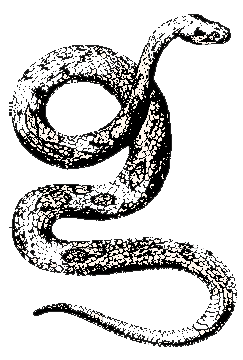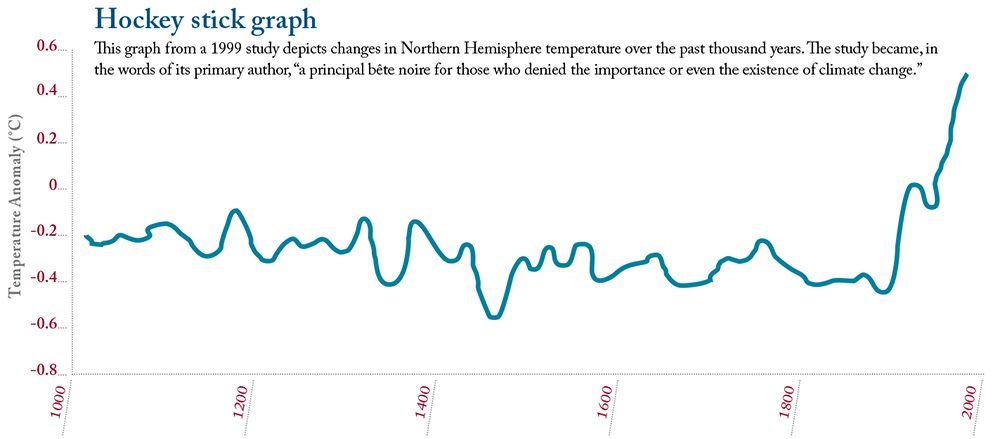agnotology: The study of culturally induced ignorance, esp. the publication of inaccurate scientific data.
albedo: A measure of surface reflectivity, calculated by taking the ratio of reflected radiation to incoming radiation: a surface that reflects 100 percent of light has an albedo of 1, while one that absorbs 100 percent of light has an albedo of 0.
Anthropocene: The present geological time interval, in which many conditions and processes on Earth are profoundly altered by humans. Term popularized in 2000 by Paul Crutzen and Eugene Stoermer, who assign the start to James Watt’s refinement of the steam engine in 1784.
assart: The action or process of converting forest or wasteland to arable use by clearing trees, bushes, etc.; an instance of this. Usually regarded as an offense when done without permission.
breaclá: (Irish) A dappled day, i.e., a day of sun and rain.
brumal: Of, belonging to, or characteristic of winter; wintry.
climatard: A person who denies climate change.
climate changer: A verbose person who says nothing, adding to carbon-dioxide levels with no return.
clumst: (English dialect) Palsied, benumbed with cold.

cyclone
An atmospheric disturbance in which the wind has a circular or whirling course. Word introduced by Henry Piddington (1848) after Greek κύκλωμα, the coil of a serpent (hence cyclome occurs as an early variant), from Greek κύκλος, circle.
dreich: (Scots) Cold, dreary, unpleasant weather.
Favonius: The west wind. From Latin favēre, to favor (see zephyr).
firn: The snow above a glacier that has been partly consolidated by alternate thawing and freezing. From German firn, firne, lit. “last year’s.”
flinchin: (Scots) Deceitful promise of better weather.
flood: “A superior degree of dampness.”—Ambrose Bierce, Devil’s Dictionary
foehn: A warm, dry wind developing on the lee side of a mountain range in response to air moving across the range.
gully washer: A heavy downpour, usually of short duration.
geoengineering governance: A gully washer of Foucaultian literary theory based on the archaeology of power.
gully washer: A heavy downpour, usually of short duration.
geoengineering governance: A gully washer of Foucaultian literary theory based on the archaeology of power.

hyetal: Of or belonging to rain. From Greek ὑετός, rain.
jizzle: (Jamaican) A drizzle or light rain.
niveous: Snowy, resembling snow; white and lustrous. From Latin niveus, snowy, snow-white.
penitent ice: A spike or pillar of compacted snow or ice.
shitstorm: A frenetic or disastrous event; a commotion, a tumult.
simoom: A hot, dry suffocating sand wind that sweeps across African and Asian deserts during spring and summer. From Arabic semūm, samm, to poison.
soft weather: (Irish) Cloudy with a light mist.
tempest: “The utmost violence of the wind; the names by which the wind is called according to the gradual increase of its force seems to be: a breeze; a gale; a gust; a storm; a tempest.”—Samuel Johnson, Dict. of the Eng. Lang. (1755)
Waldsterben: (German) Lit. “forest death.” A dieback of forest; a condition in trees in which peripheral parts are killed by pathogens or conditions such as acid rain (q.v.) or drought.
zephyr: The west wind. From Latin Zephyrus, from ancient Greek Ζέφυρος, the god of the west wind (see Favonius).

